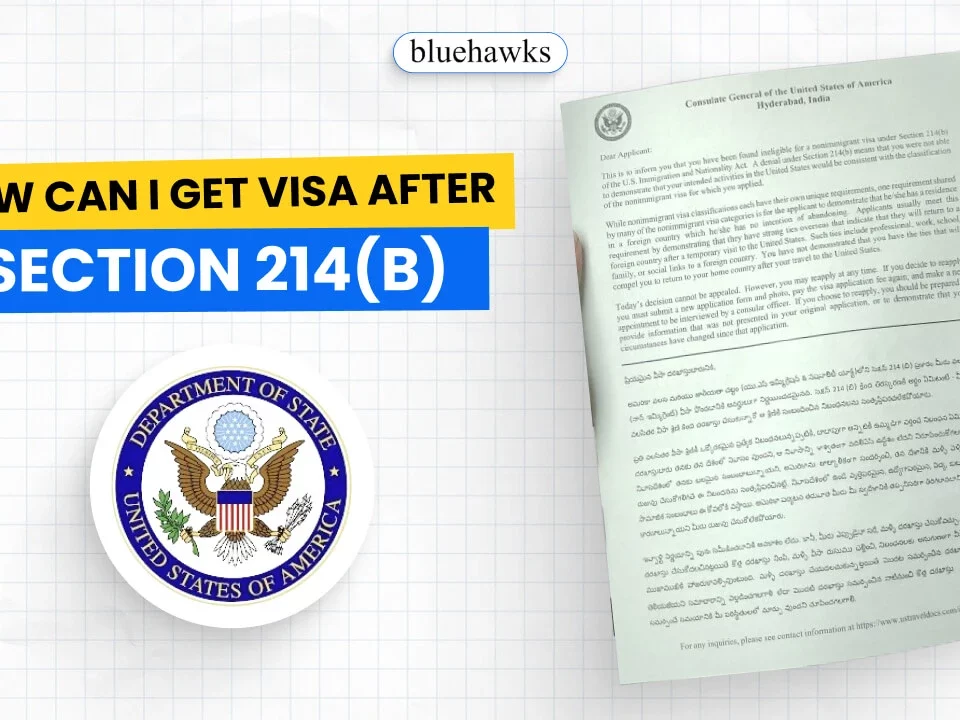TIPS TO SCORE 8 BANDS IN IELTS SPEAKING

Tips to score 8 Band in IELTS Speaking
Listen to Examiner Properly
In the IELTS Speaking test, listening to the examiner's instructions is the most important thing. To avoid any confusions and errors in your IELTS Speaking test, you must attentively listen to the examiner. If you do not pay attention to what the examiner is saying, you may misunderstand the question and your wrong answer will lead to losing your marks in the test. As a result, the overall score band will get affected. Therefore, to save yourself from such scenarios, be ready and always stay focused throughout the conversation.
For instance, the examiner is asking you a question about the past and you start giving answers in the present tense. Or the examiner has asked you about your own opinion but you are making a general statement including other people's perspective. This will get into entirely the wrong direction and you will end up losing your band score.
Take your time
Throughout the conversation, you suppose not to rush with your part. Rather, take some pause, stay slow and take your time. This will reduce the chances of errors in your test and gradually help you to score better in your speaking exam. On the other hand, if you speak fast and do not take breaks between, where it’s required, you may finish with your answer very soon and later try to create some random stories to cover up the time you left with, which can make you even more nervous. To recapitulate, take your time to create the answer and then deliver the story slowly with a natural accent to ignore stress.
Make eye contact
The most prominent point that the majority of students do is avoid making eye contact. Making eye contact shows that you are confident and by doing so you will be able to score more bands. In case, you are feeling nervous making eye contact with the examiner then do look at his/her forehead, nose or eyebrows except directly looking into eyes. Otherwise, it would be a good idea to practice in front of the mirror daily and get prepared for the same.
Avoid fillers, abbreviations and repetitive words
Repeating works such as
- You know,
- Like,
- Ahh
- Ehh
- Well
- Yeah..etc
These are common repetitive words used by the majority of people during conversation. These words may work in daily routine but when it comes to exams these repetitions do not give a good impression. Therefore, the chances of scoring the desired band score gets low.
Don’t cramp answers
Cramming is essentially trying to stuff a load of information into your short-term memory before an exam. Undoubtedly, cramming works but It does not always or with everyone. This has been proven to increase stress levels, and can lead to panic and anxiety, making it a lot harder to take in information. Moreover, if you forget some information in between then it becomes even harder to recall the information.
Avoid using unfamiliar words
Many students want to make a good impression on the examiner to get a higher score on their speaking test. As a result, they tend to use complex words they are not familiar with. Using unfamiliar words can lead to either mispronouncing words or using them in the wrong context. Such mistakes can affect the final band score.
Never contradict your statement
Many of the times in the conversation, you may be asked by the instructor similar questions a number of times with different subjects in it. At that time, you suppose not to give the opposite statement in regards to the one that you already gave for a previous question. Your answer should be relevant to the previous one.
Conclusion : Never forget, good speakers make mistakes, But the more you can do to prepare, the better your outcome will be. We believe you will follow these important points in your IELTS Speaking and will definitely be able to get the desired bands. We wish you the best of everything.



